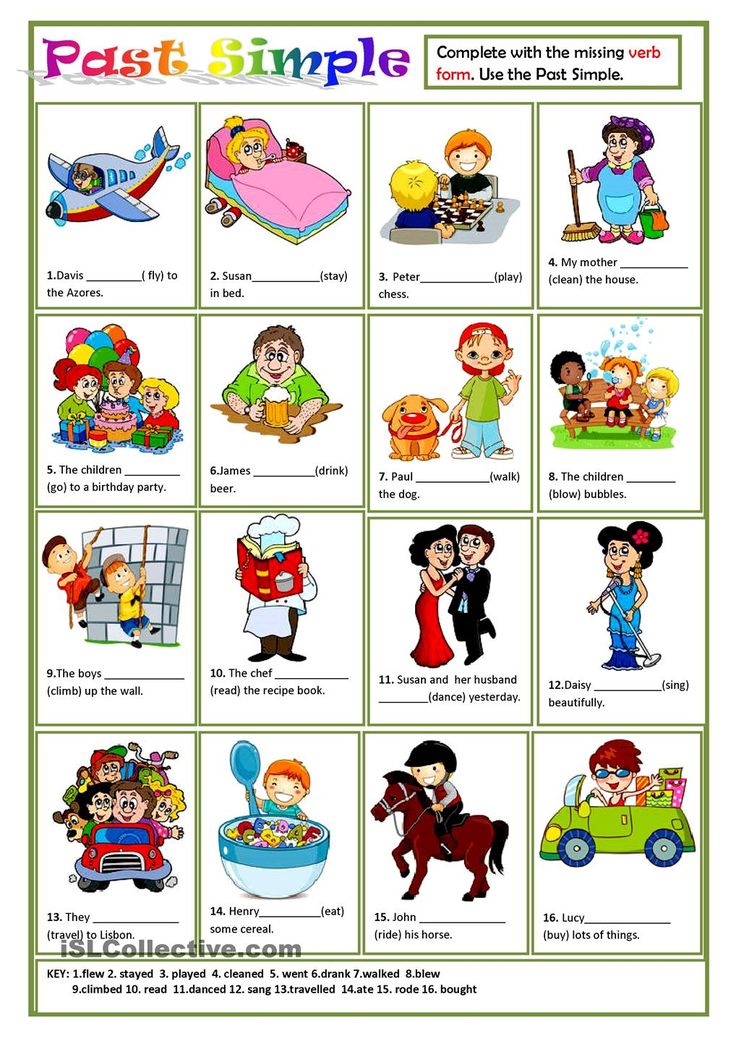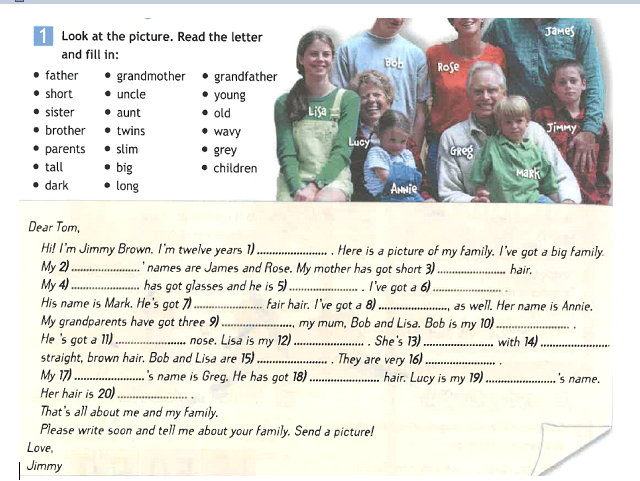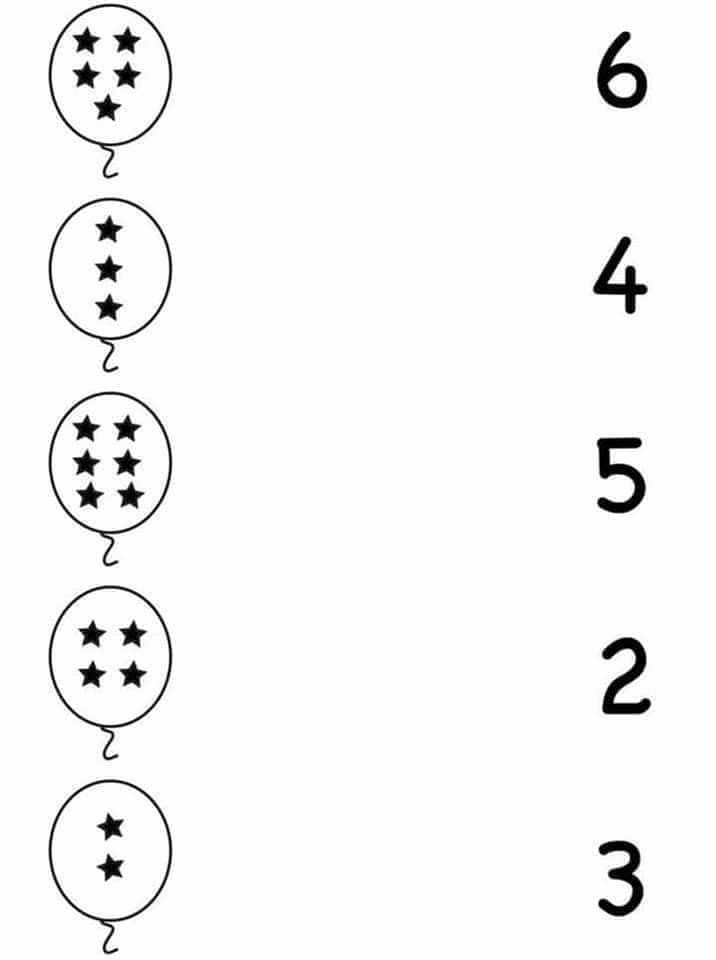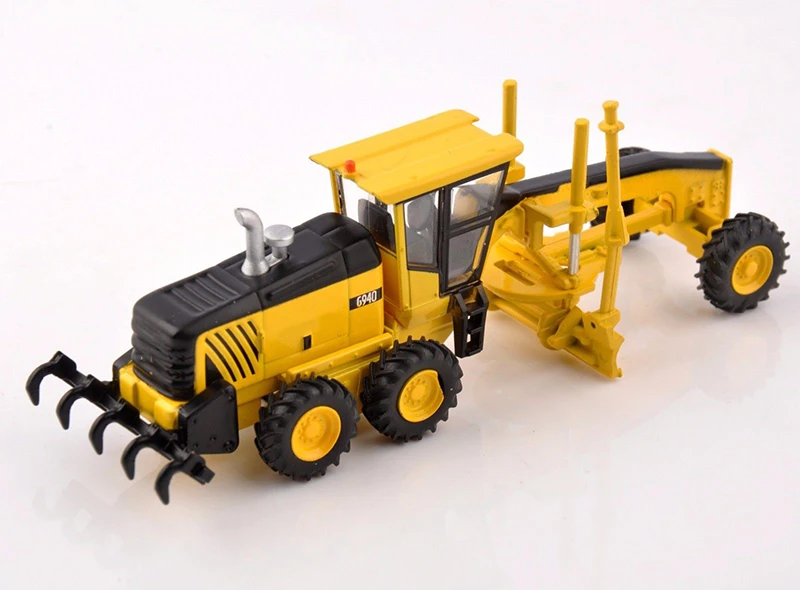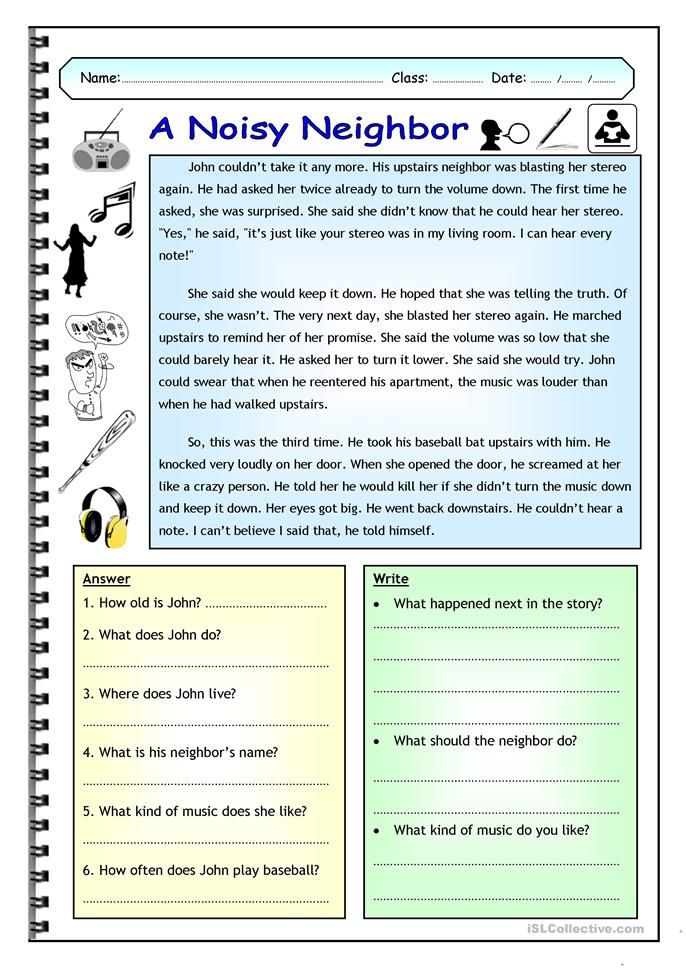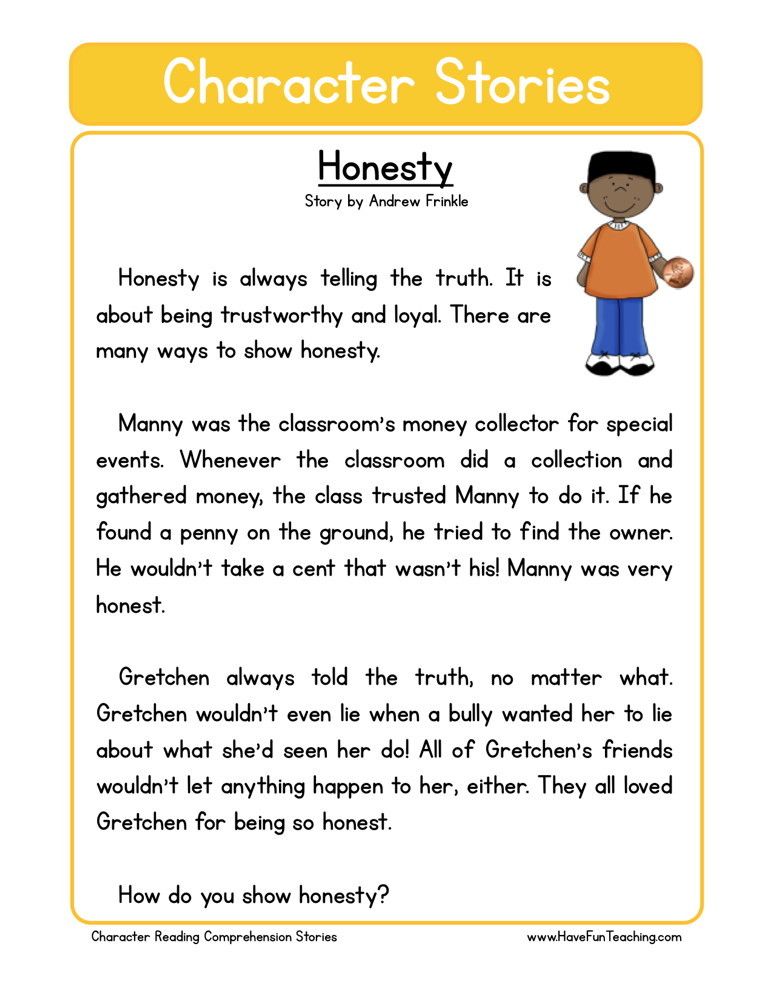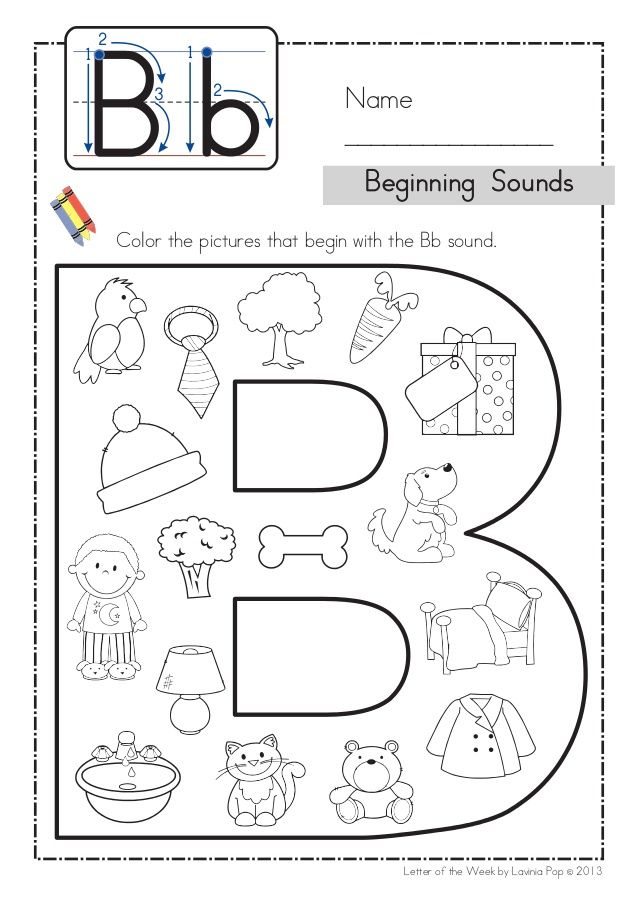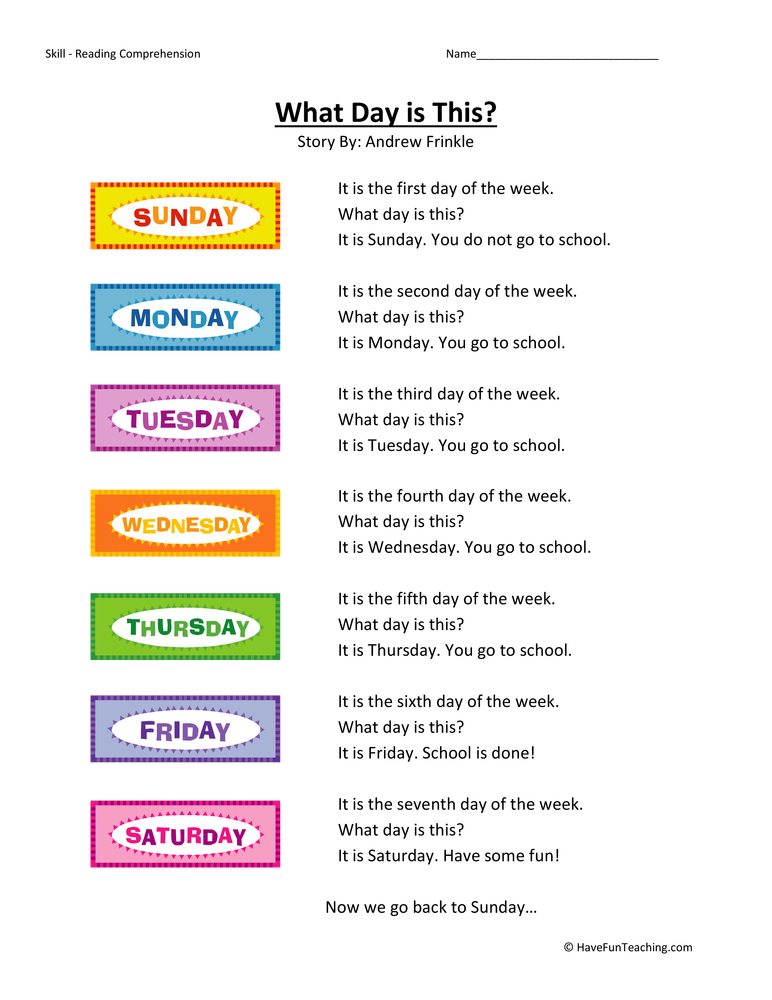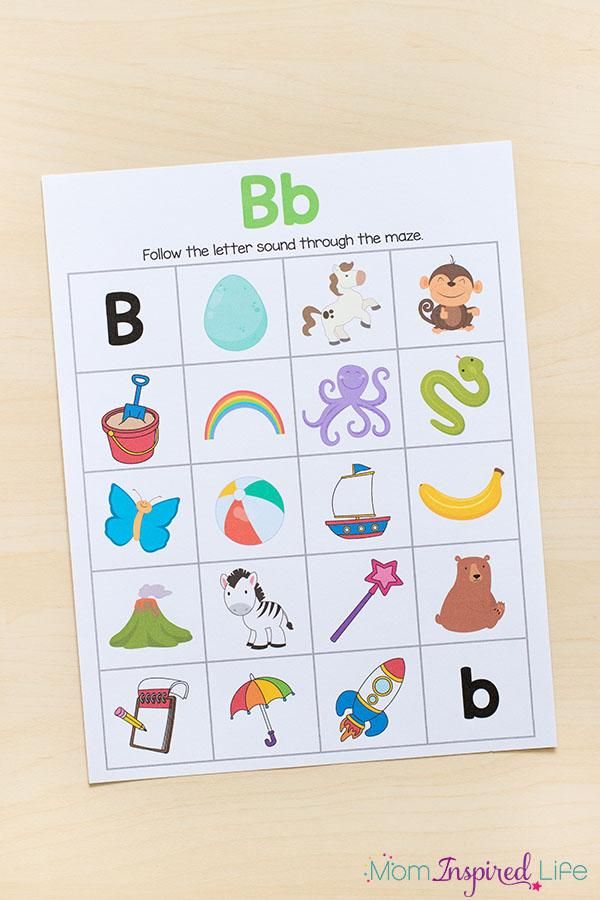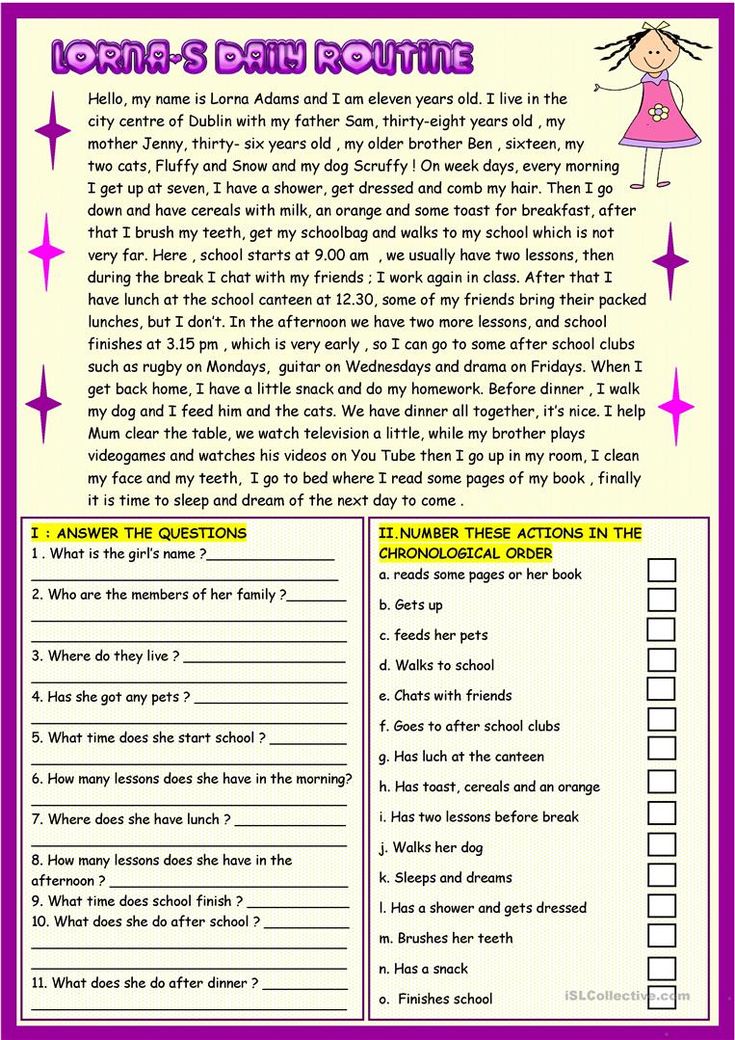Teaching about verbs
5 Fun Activities for Teaching Verbs in the Primary Grades
Looking for some activities for teaching verbs to your Kindergarten, 1st, or 2nd grade students?
Whether your students are just starting to learn about the parts of speech or are well on their way to being grammar gurus, these five activities will make learning about verbs a ton of fun!
Activity #1: Play Simon Says with action words.Introduce the concept of verbs as action words with a game of “Simon Says!”
First, brainstorm a list of action words with your students to use for the game.
You can also use these ready-made word cards from my Kindergarten Grammar Alive curriculum – just cut them out and make a stack or stick them on a binder ring for easy access:
This activity works well as part of a mini-lesson about verbs, and you can also play again during transitions.
Activity #2: Have students look for verbs “in the wild.”In order for grammar to be meaningful, students need to make connections between grammar concepts and actual text.
As a class, we practice identifying verbs in sentences (and acting out the sentences, too!):
Students can also search for verbs in the books they read:
Both of these activities come from my First Grade Grammar Alive program.
Activity #3: Build Verb Vocabulary with GamesBuilding students’ verb vocabulary is important – both for helping them learn verb shades of meaning (see Activity #4 for more on that) AND for helping them learn to use a variety of verbs in their writing.
One easy way to build their vocabulary is to play charades. You or a student acts out a verb, and the class guesses what verb they’re trying to show.
Here’s another verb vocabulary game, where students move around the board and have to name the depicted verbs that they land on:
Activity #4: Put Verbs in Order to Practice Shades of MeaningTo teach students how to choose just the right verb for their writing, work on verb shades of meaning!
First, model how to put the verbs “jog,” “run,” and “sprint” in order from slowest to fastest.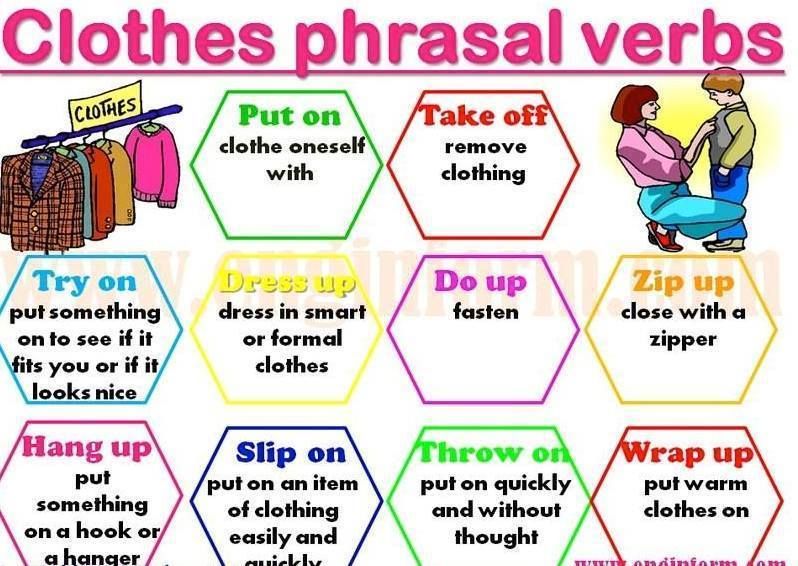
Then, divide students up into small groups. Give each group their own set of cards to put in order.
Once students have ordered the verbs, they can present their work to the class and get feedback.
Finally, you can glue the groups of verbs to chart paper. This creates an anchor chart that students can refer back to during writing time!
Activity #5: Play “Parts of Speech 4 Corners“Once your students have learned about verbs and other parts of speech, get them up and moving with a few rounds of 4 Corners!
To play, label the corners of your classroom as:
Nouns
Verbs
Adjectives
“WILD CARD!”
Give each child a word card. The words on the cards should be a mix of nouns, verbs, and adjectives. Several of them should say “WILD CARD.”
Students should read the word on their card and then go to the corresponding corner of the classroom.
You or a student leader should stand in the middle of the classroom, eyes closed.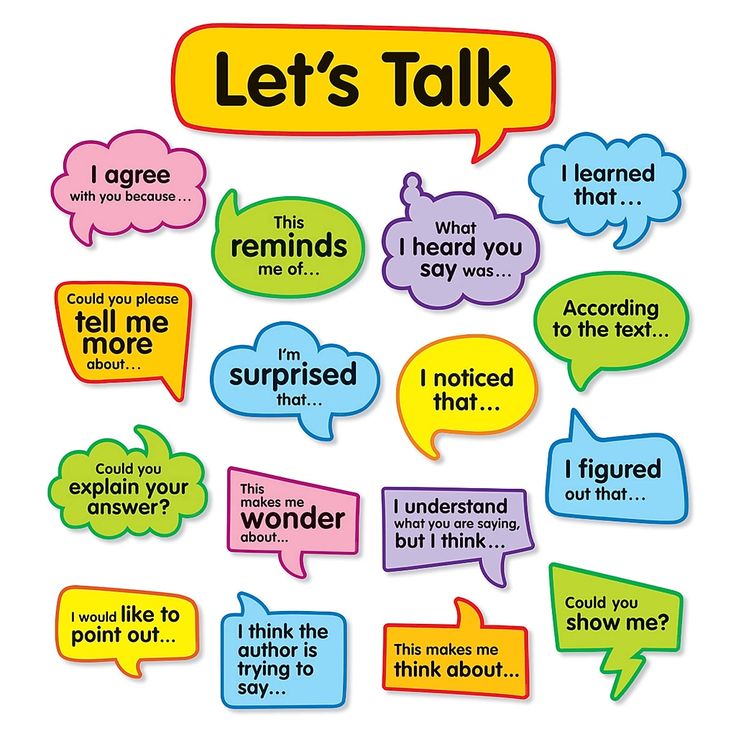 The leader calls out a corner (nouns, verbs, adjectives, or wild card) and all the students who were standing in that corner are out of the game and must sit down.
The leader calls out a corner (nouns, verbs, adjectives, or wild card) and all the students who were standing in that corner are out of the game and must sit down.
The remaining players trade cards and go to the corresponding corner. Again, the leader calls out “nouns,” “verbs,” “adjectives,” or “wild card,” and the game continues.
Keep playing until only one student is left – that student becomes the leader next!
All the materials to play this game are included in my First Grade Grammar Alive curriculum.
Need more ideas and materials for teaching grammar?I hope you got a few new ideas for teaching verbs!
For complete grammar lesson plans and many more grammar activities (including the ones featured in this blog post), check out my Grammar Alive programs for Kindergarten, first grade, and second grade:
Or maybe you already have a grammar curriculum – but you stil need independent practice activities for your students!
If so, check out my BoomCardsTM Grammar Games.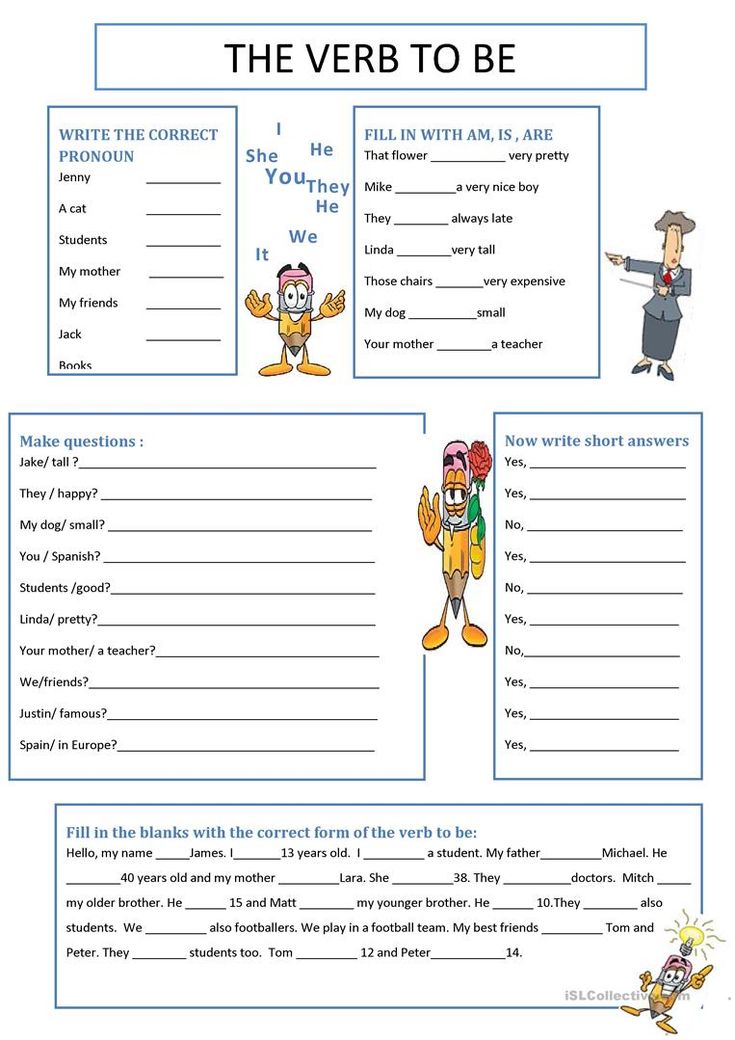 They’re digital grammar activities that your students can use on any computer, chromebook, or tablet with internet.
They’re digital grammar activities that your students can use on any computer, chromebook, or tablet with internet.
My students love using BoomCards!! And the audio directions are great for providing support even when students are working independently.
Happy teaching!
Verb Lesson Plan & Easy Activities for Teaching Verbs
DESCRIPTION
verb lesson plan classroom students
SOURCE
FatCamera / E+ / Getty
PERMISSION
Used under Getty Images license
Verb lesson plans are the figurative backbone of a grammar teacher's class. Without a verb lesson plan, students will be lost on possibly one of the most important grammatical lessons of all. Verb tenses pervade just about everything we say and do. Below is a sample lesson plan for verbs, which can serve as a creative guidepost for your teaching needs.
Vivacious Verb Lesson Plan
This lesson plan is designed for students from 2nd to 4th grade.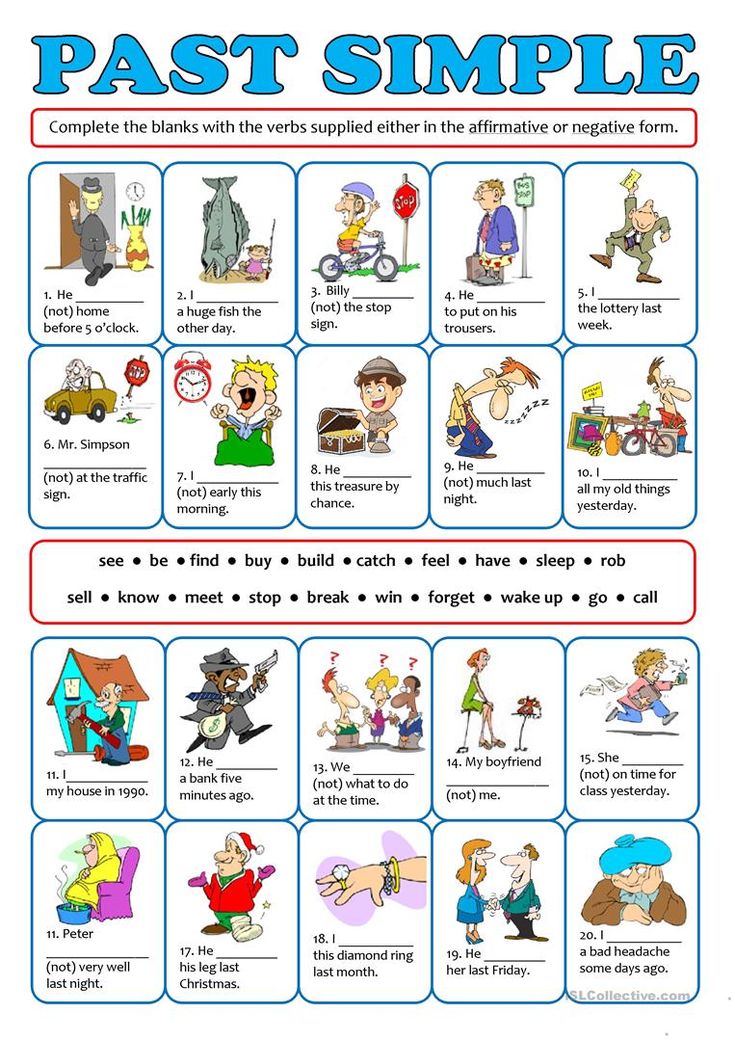 It works to break down verbs for students through lectures and activities.
It works to break down verbs for students through lectures and activities.
Verbs Lesson Plan Objectives
After the completion of this lesson, students will:
- recognize different types of verbs
- identify verbs in various sentences
- use present and past tense verbs
Teaching Verbs Lecture
Prepare your class for the lecture by writing the following statement on the whiteboard:
"You use sentences with many verbs daily. Let's see if you can identify the verbs in the following sentence."
1. Provide a definition of what a verb is on the board. For example:
Verb Defined: A verb is a word that defines action - an action word. It will tell what the subject of a sentence is doing or what will happen.
- Example A: "Terry ran upstairs." (ran tells what Terry did - Terry is the subject.)
- Example B: "Katie eats her lunch." (eats tells what Katie is doing - Katie is the subject.
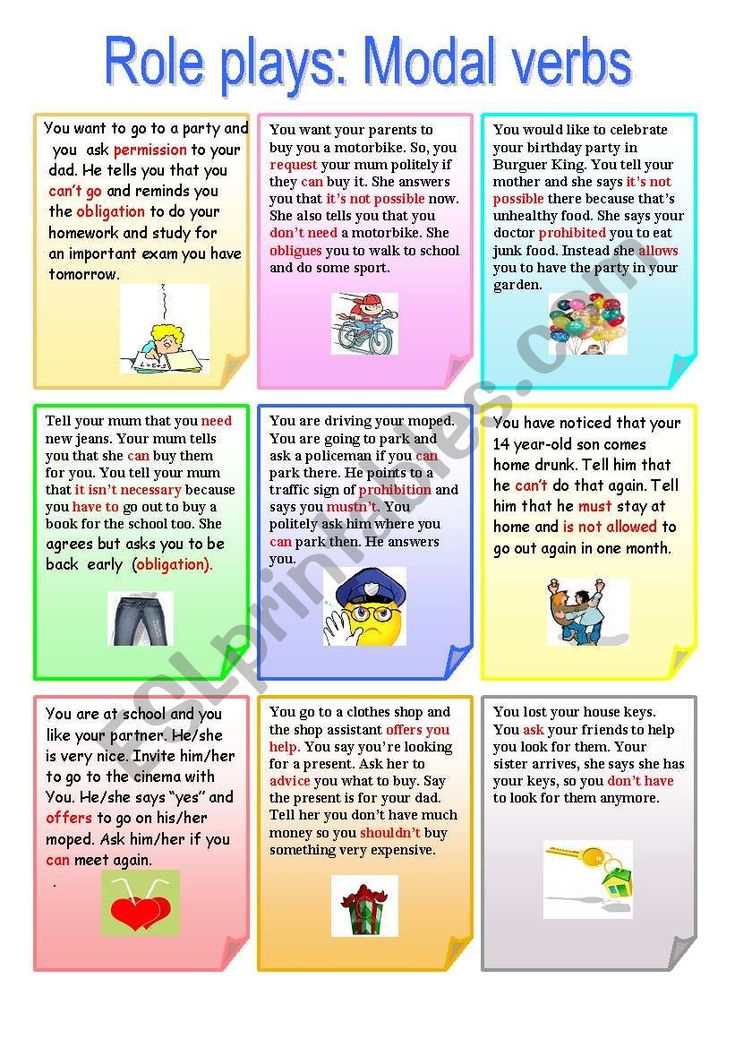 )
)
2. Give students an example, such as:
"James throws the ball and laughs with his friends after he falls trying to catch it."
3. Have them identify the verb.
4. Write several more sentences on the board until students can clearly identify the verb.
Advertisement
Verbs Lesson Activities
Once your students have a solid understanding of verbs in sentences, you can use fun verb activities to help push learning.
Snap, Crackle, Pop Worksheet Activity
Create a "Snap, Crackle, Pop" verbs worksheet by writing popular verbs on the left side of the page. The number of verbs you include can be determined by the grade level of your class. Additionally, provide students with several books to look through for the verbs.
- Hand out "Snap, Crackle, Pop" verbs worksheets to the class. Tell them on the left side of the page there are various popular verbs used in books and magazines.
- Read the verbs together.
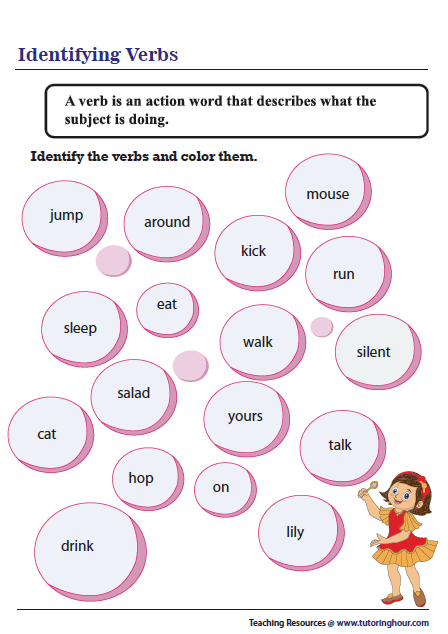
- Provide several books for students to look through.
- Group the students into pairs.
- Have students find the verbs in sentences, and copy the sentences on to the right side of their paper next to the verb.
Advertisement
Past and Present Tense Verb Sentence Activity
To continue to reinforce verb recognition and identification, try having students prepare sentences of their own and identify the verb(s) in each.
Explain to your students that:
- There are two types of verb tenses, past and present.
- A past tense verb describes something that has already happened.
- A present tense verb describes something that is currently happening
Provide the following examples:
- Past Tense: I ran with Jaime. Lacy ran with Jeff. Jeff ran to me. We all ran away.
- Present Tense: I am walking. Lacy is walking with Jeff. Jeff is walking with me. We all walk together.
Have students form their own past and present tense sentences.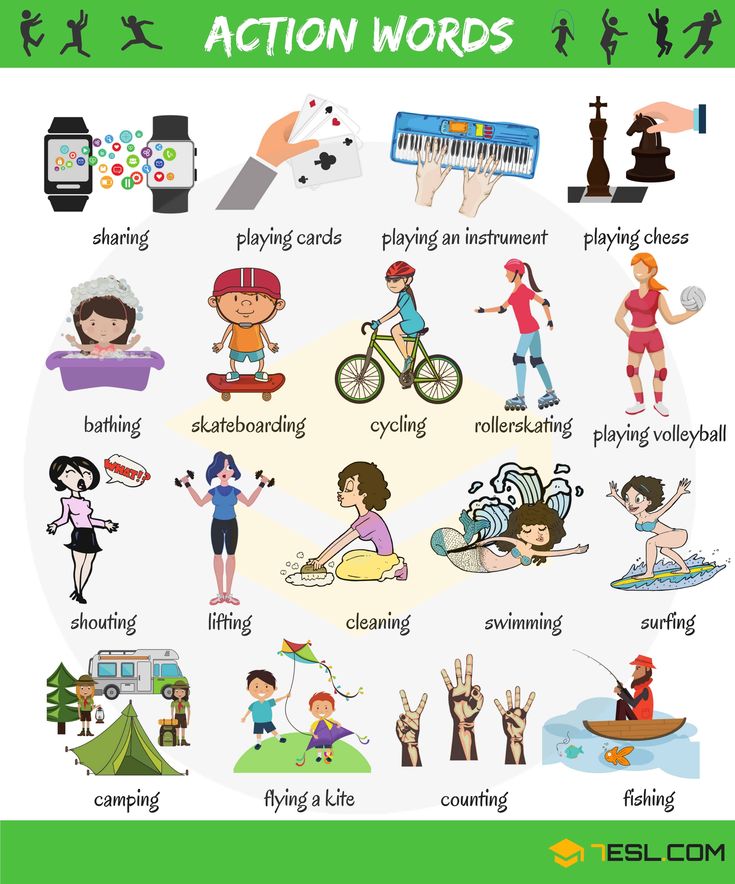 Have students share their sentences with the class and identify which verbs are past tense and which verbs are present tense.
Have students share their sentences with the class and identify which verbs are past tense and which verbs are present tense.
Advertisement
Two Paragraph Infusion Activity
Have students write a two-paragraph story using common verbs, as well as past and present tense verbs. These paragraphs should infuse noun usage from previous grammar lessons with verb usage from the current lesson. Have students take turns reading one of their paragraphs to the class and identify the verbs within each paragraph.
Fun With Verbs Activity
Verbs can be fun to get your students moving. To keep your lesson fun, play a game with verbs.
- Start by calling out a verb that students can act out like "yawn."
- Then say a sentence using "yawn."
- Then select a student to call out another verb to act out like "jump."
- Have the student then create a sentence properly using the verb.
- Keep selecting students to act out verbs and create sentences, trying not to repeat any verbs.
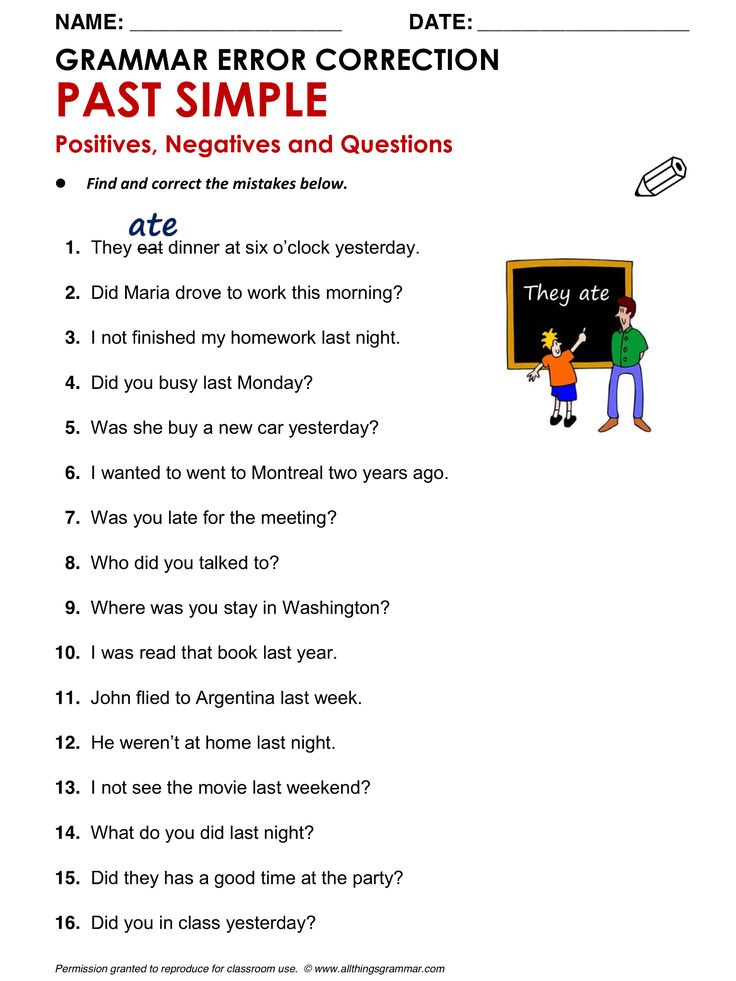
- Challenge students to think of unique verbs.
Advertisement
Writing Your Own Verb Lesson Plans
This verb lesson plan is a prime example of how a lesson plan should be structured and organized. While it may seem tedious, it is important to set up a lesson plan like this when there is a topic that may be challenging to students. The notion of verb tenses can get tricky for some students. This is why the lesson plan encourages teacher-student interaction. Keep your learning moving by trying this lesson plan on storytelling and fables.
Synonyms and antonyms "teaching" - analysis and associations to the word teaching. Morphological analysis and declension of words
- Translation
- Associations
- Anagrams
- Antonyms
- Synonyms
- Hypernyms
- Morphological analysis
- Declensions
- Conjugations
Translation of the word teaching
We offer you the translation of the word teaching into English, German and French.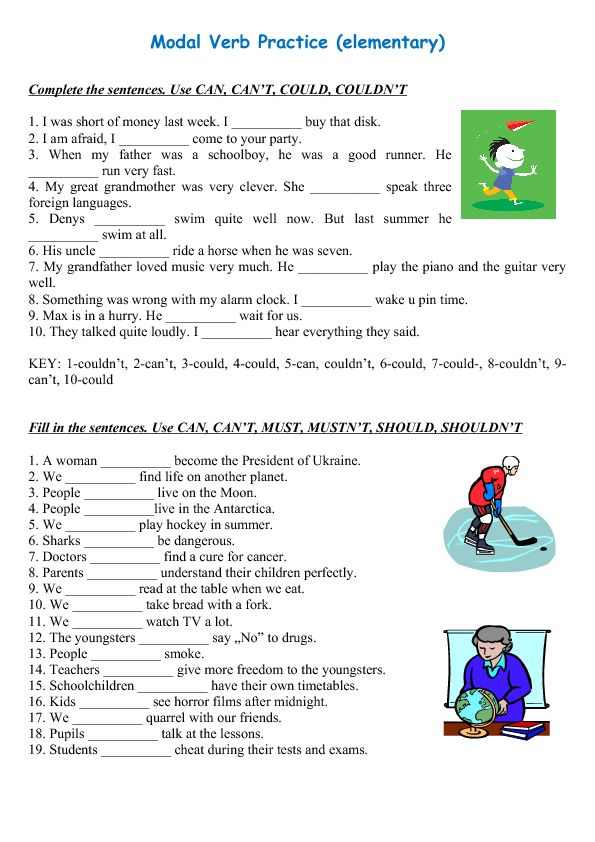 nine0025 Implemented using the Yandex.Dictionary service
nine0025 Implemented using the Yandex.Dictionary service
- English
- German
- French
- teaching - teaching, learning
- new learning
- teaching of christ
- doctrine - doctrine
- sound doctrine
- exercise - exercise
- joint exercise
- study - study
- religious study
nine0003 drill - drill - fire drill
- theory - theory
- evolutionary theory
- teach - training
- school - school nine0004
- apprenticeship apprenticeship
- ism
- Lehre - doctrine, lesson, training, training
- Christian teaching
- Übung - training nine0004
- Lernen - training
- Manöver - maneuver
- Schule
- doctrine - doctrine, ideas, teaching
- teach doctrine - enseigner la doctrine
- teaching of jesus0004
- exercice - exercise
- joint exercises - exercices conjoints
- study - study
- études - studies
- école - school nine0004
- science - theory
- class - classes
Connection with other words
Words ending in -teaching:
- learning
- creed
- delivery
- gamma radiation
- radiation
- study
- torsion
- torment
- non-receipt
- ignorance
- moralizing
- irradiation
- engagement
- training
- dubbing
- 17 more words.
 ..
..
Hypo-hyperonymic relations
aquariusviewviewdisciplinedoctrineaddressingbogeyopinioninstructionscienceobedienceunderstandingsubjectpreventionprinciplesystemmethodtactmaneuver
| Case | Question | Unit | Mn. number |
|---|---|---|---|
| Nominative | (who, what?) | teaching | exercises |
| Genitive | (who, what?) | exercises | exercises |
| Dative | (to whom, what?) | teaching | exercises |
| Accusative | (who, what?) | teaching | exercises |
| Creative | (by whom, what?) | teaching | exercises |
| Prepositional | (about whom, about what?) | teaching | exercises |
Sentences with the word teaching
Please help our robot to recognize the mistakes.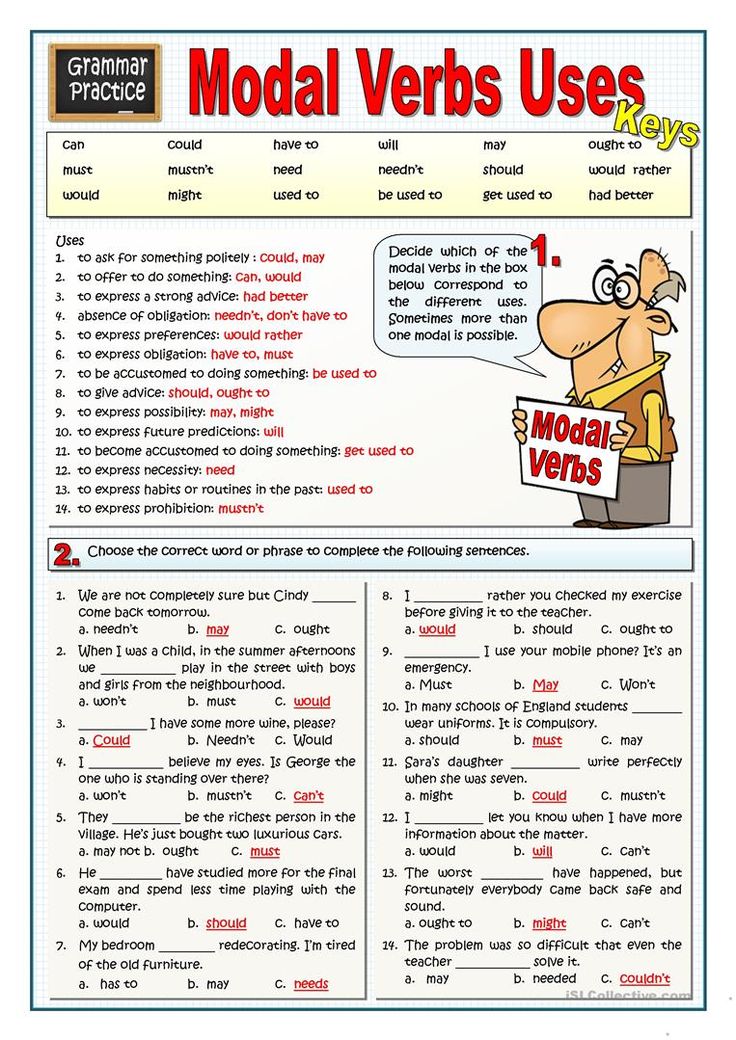 There are still a lot of them, but with your help they will become much less. Here are some suggestions he made. nine0027
There are still a lot of them, but with your help they will become much less. Here are some suggestions he made. nine0027
1. Any teaching involuntarily tested the first woman
2
1
2. The military doctrine was incorrectly stated in annoying advertising
3
2
Who teaches whom? The difference between the verbs teach, study and learn / Sudo Null IT News
- students say, after which they add: “By the way, I studied 2 new words today!” and... they're wrong. Maybe with the verb teach and the truth is everything is clear. But what is the difference between study and learn? nine0028
Teach
Let's start in order. The verb "to teach" really means "to teach", but from the position of a teacher (teacher), that is, to transfer one's knowledge to a student. This is how the Cambridge Dictionary defines this verb: “to give someone knowledge or to train someone; to instruct" .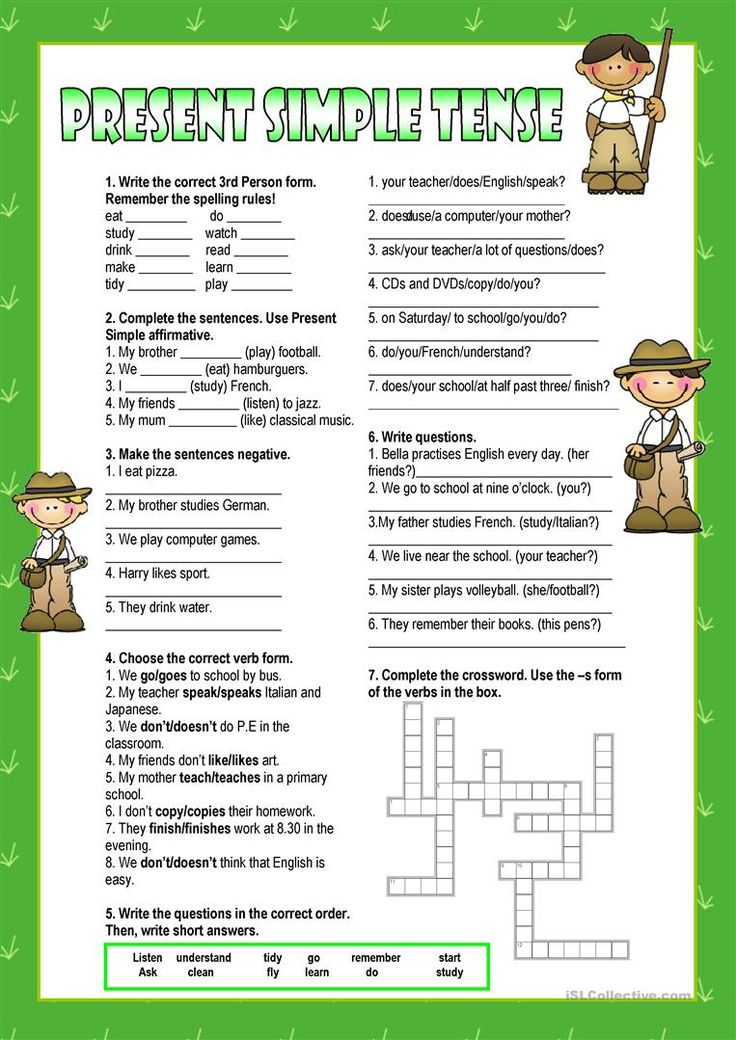
Here are a couple of examples:
He found it very hard teaching a class full of indifferent teenagers.
Rachel teaches art at the local art school. nine0025
Recall that the verb is irregular, its second and third forms are taught . And, it would seem, the verb “to teach” is no longer given anything like that. But with him there is an idiom "to teach somebody a lesson" - to teach or teach someone a lesson. In the passive voice, you can translate this idiom as "[someone] learned a lesson."
Examples
Having my car stolen really taught me a lesson - I'll never leave it unlocked again. (“I learned a lesson from stealing a car—I never leave it open again.”) nine0025 She decided to teach the boy a lesson. (“She decided to teach the boy a lesson,” but not in the sense of teaching him something, but in the sense of teaching him a lesson, revenge).
There is also the phrase "That'll teach someone" , which is used in the context of the same lesson learned from something.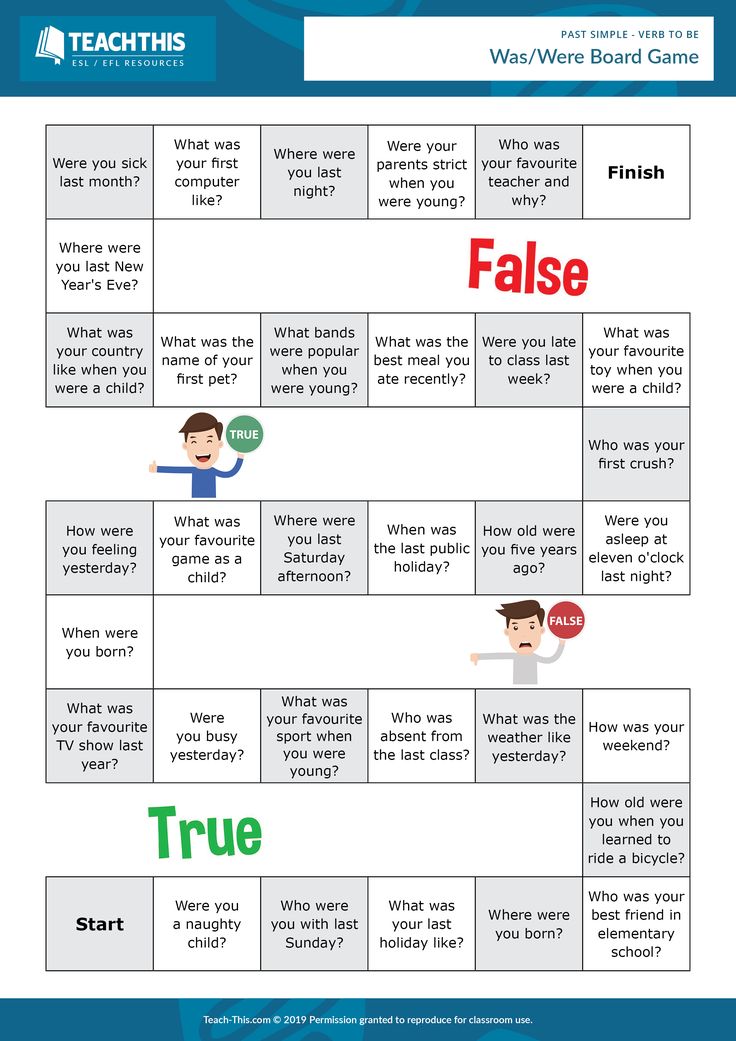 But there is something interesting here! See example:
But there is something interesting here! See example:
So Roger spent the night in a freezing garage, did he? That'll teach him to go out without his house keys!
Wait, wait, is there something missing? It turns out that a night spent in a cold garage will teach Roger to leave the house without keys, but should it be the other way around? nine0025 No, it shouldn't. Our example means that Roger acted unwisely and suffered the consequences. By the way, there is an equivalent in Russian: “He will know how to leave the house without keys!”
Study
The verb "to study" does give us the noun "student" . The main task of the student, as we know, is to learn. Hence the main meaning of the verb: to study, memorize facts, visit an educational institution in order to study some subject. If you are studying something, it means that you do not know the subject well yet, and you need a process - to study - to strengthen your theoretical knowledge.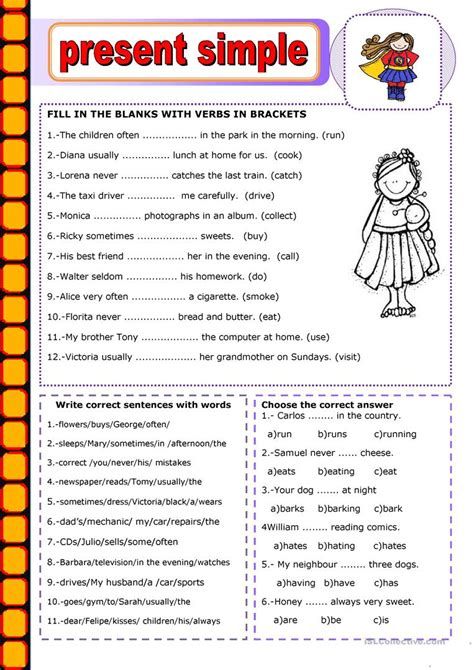 nine0028
nine0028
It is not for nothing that the synonyms of “to study” are the words that mean the study and memorization of new information:
cram (cram), analyze (analyze), find out (learn, find out), memorize (remember), research (explore), delve into (examine in detail), examine (examine, explore), contemplate (survey, think over).
He studied computer science in college.
Students who spend some time each day studying will do well on tests.
Also, this verb means "carefully study" in terms of "carefully consider or read." nine0028
For example:
Having carefully studied the document, he could repeat what it said exactly.
Thus, by saying “I study English”, you mean that you study the subject theoretically: study grammar and vocabulary, do exercises, read articles and communicate with the teacher.
Learn
The verb "to learn" is closely related in meaning to the verb "to study" (which is why they are so often confused).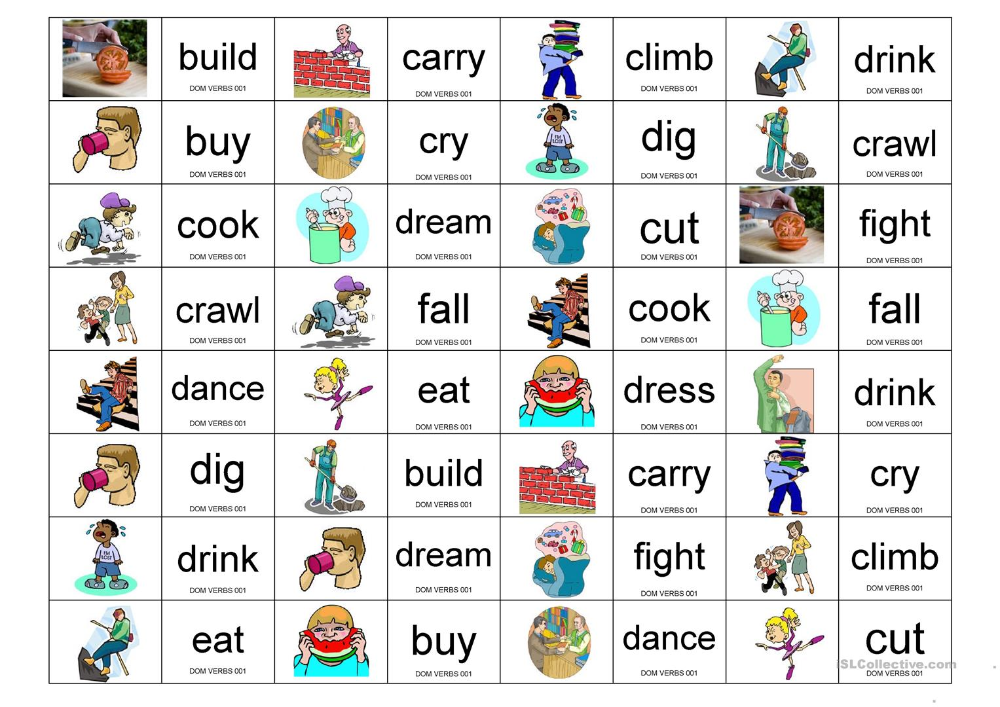 But it denotes a slightly different kind of activity - practical. That is, this verb can be translated as “teach”, “learn”, and differ from the verb “to study” it will be the presence of a practical element and result. For example, the most common problem of adult students is studying, but not learning. Like, he studied English at school for ten years, but he never spoke. This idea in English can be formulated as follows: I studied English at school but learned nothing.
But it denotes a slightly different kind of activity - practical. That is, this verb can be translated as “teach”, “learn”, and differ from the verb “to study” it will be the presence of a practical element and result. For example, the most common problem of adult students is studying, but not learning. Like, he studied English at school for ten years, but he never spoke. This idea in English can be formulated as follows: I studied English at school but learned nothing.
As you can see, “to study” here means a long process and mastering the theory, and “to learn” means the result. The latter is also seen in the following examples:
I'm trying to learn my lines for the play.
We had to learn the names of the state capitals.
Also the verb "to learn" can mean "learn information". Often in this regard, students confuse it with the verb "to know". If you want to say "I found out that ...", then you need to say “I learned that…” .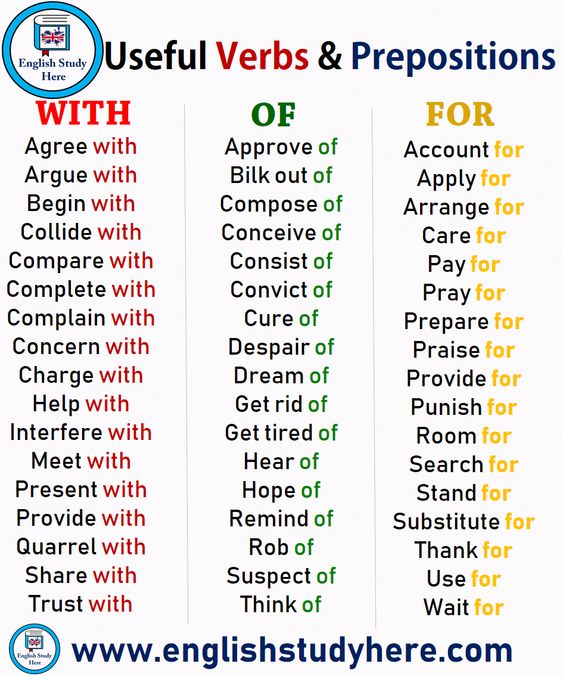
Here are more examples:
He learned about computers by reading a book.
She is learning a lot about patient care in her nursing classes.
Very often this verb is used with the prepositions from and about:
We learned about the reasons for the war in our history class.
We all have the ability to learn from our mistakes.
Some difficulty is caused by the second and third forms of the verb "to learn" . Someone says that it is correct "learn - learned - learned ", and someone that is more correct "learn - learned - learned" . In fact, it is correct and so, and so. This is an irregular verb, and its irregularity lies in the presence of a strange form of the past tense. However, there is some division according to language options: “learned” will be said in both Britain and America, but “learnt” is typical only for Britain. Please note that the word "learned" can be not only a verb, but also an adjective.